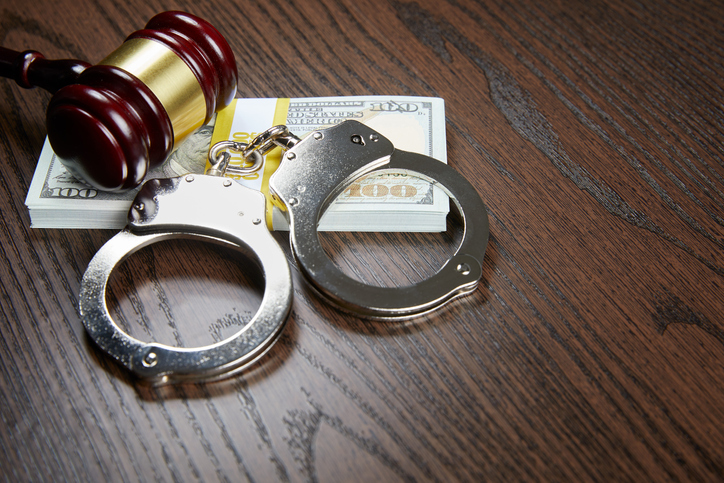Child support is a critical financial responsibility that parents have toward their children. It maintains a favorable financial position, allowing children to thrive even when the parents are no longer together. However, circumstances typically change; sometimes, a parent may face incarceration.
Going to jail can significantly affect a parent’s ability to make child support payments. If you are wondering if incarceration stops child support payments in California, read on to learn more about what happens when a parent goes to jail.

In California, child support is typically calculated based on several factors, such as:
Child support payments ensure children have adequate basic needs such as food, clothing, shelter, and education. A noncustodial parent has to meet these obligations to avoid severe consequences.
In California, going to jail does not automatically terminate child support payments. Going to jail is typically viewed as similar to unemployment. Consequently, going to jail cannot be an excuse to stop paying child support. These payments, therefore, do not simply stop when the noncustodial parent goes to jail.
However, a recent modification to California law has relieved incarcerated individuals. The September 27, 2022, law changed an incarcerated parent’s responsibility regarding child support. According to this new law, child support obligations are put to an “automatic stop” when a non-custodial parent is incarcerated or confined in a California jail, mental health facility, juvenile detention, or other correctional facility for more than 90 days. This implies that an incarcerated noncustodial parent does not owe any child support for the times they were confined or incarcerated.
Once the parent paying child support is released from jail or confinement, child support payments resume at the amount being paid before suspension on the first day of the first full month following release. For example, if the parent was released on September 7, the payments restart on October 1.
There are some exceptions to the law suspending child support payments where these payments cannot be stopped or suspended.
When evidence indicates that the non-custodial parent still has available and accessible assets or has the financial ability to pay child support in jail, child support payments do not automatically stop.
For example, if a wealthy parent is sentenced to serve a five-year term in jail, their assets can be liquidated to help pay child support. These assets may include:
Child support payments are not suspended if the person was imprisoned or institutionalized due to domestic violence against you or your child.
If the person went to jail because they did not pay the child support as ordered by the court, the payments cannot be suspended or stopped.
If a noncustodial parent owes child support while incarcerated, filing a motion with the family court to modify the child support order is essential. For example, if one is confined in jail or prison for less than 90 days and ends up losing their job, they have the right to file a formal request with the court seeking to change the amount of child support owed. In such a situation, the reason for modification will not be incarceration but rather the loss of a job.
You should file the request as soon as possible since a judge can only change the support amount as far back as the day you filed the request for modification. Working with an experienced child support attorney is advisable as they can help you file in good time, guide you through the process, and ultimately protect your rights.
If you are wondering what happens to child support payments if a parent goes to jail, our experienced child support attorneys at the Harris Family Law Group are here to provide guidance and support during this confusing time. Contact us at (310)-745-8644 or online for a free consultation. We can help you understand your rights, explore viable legal options, and find the best path forward during this challenging time.